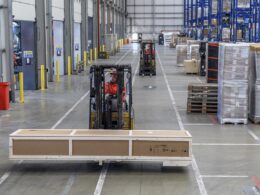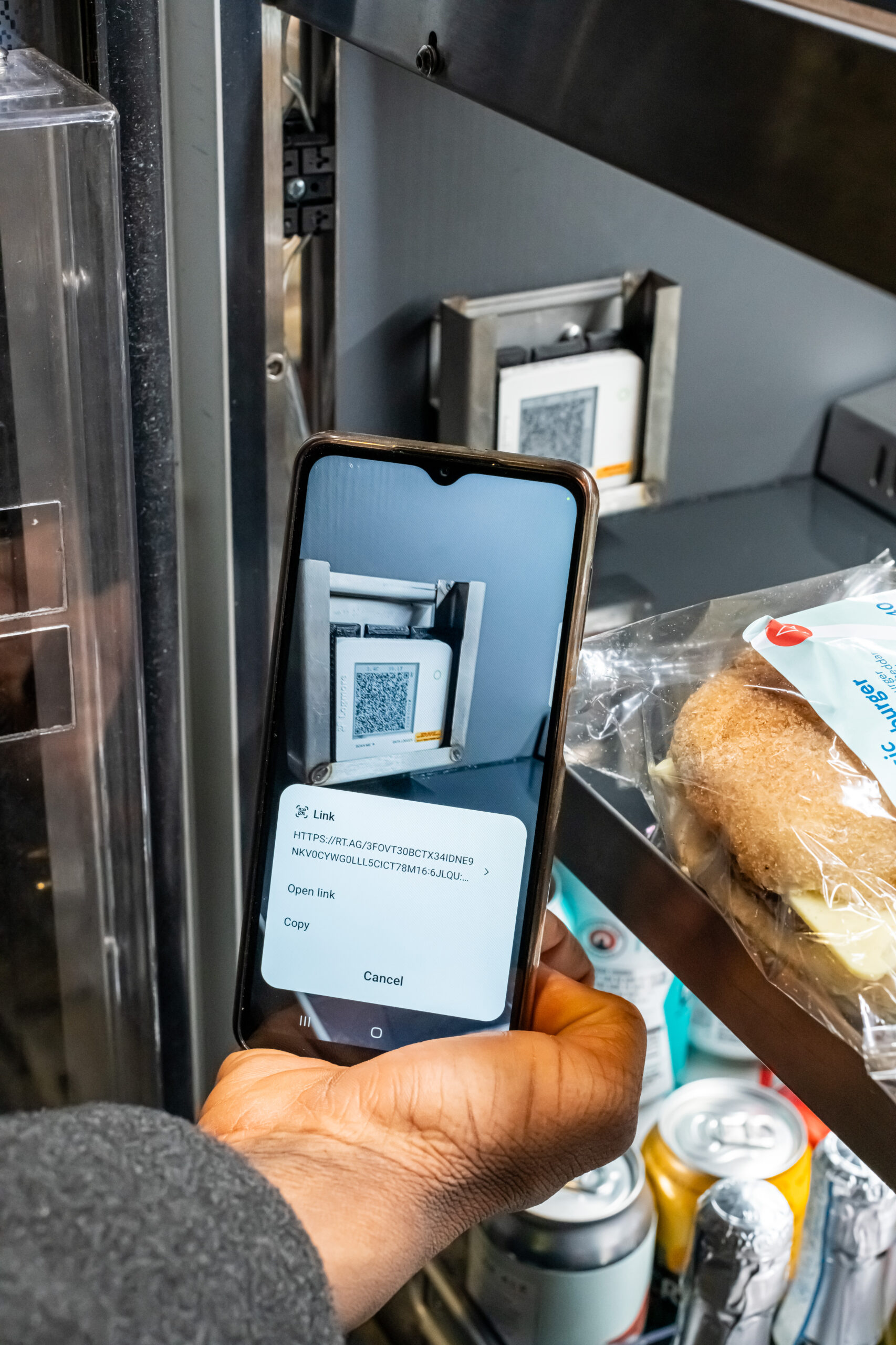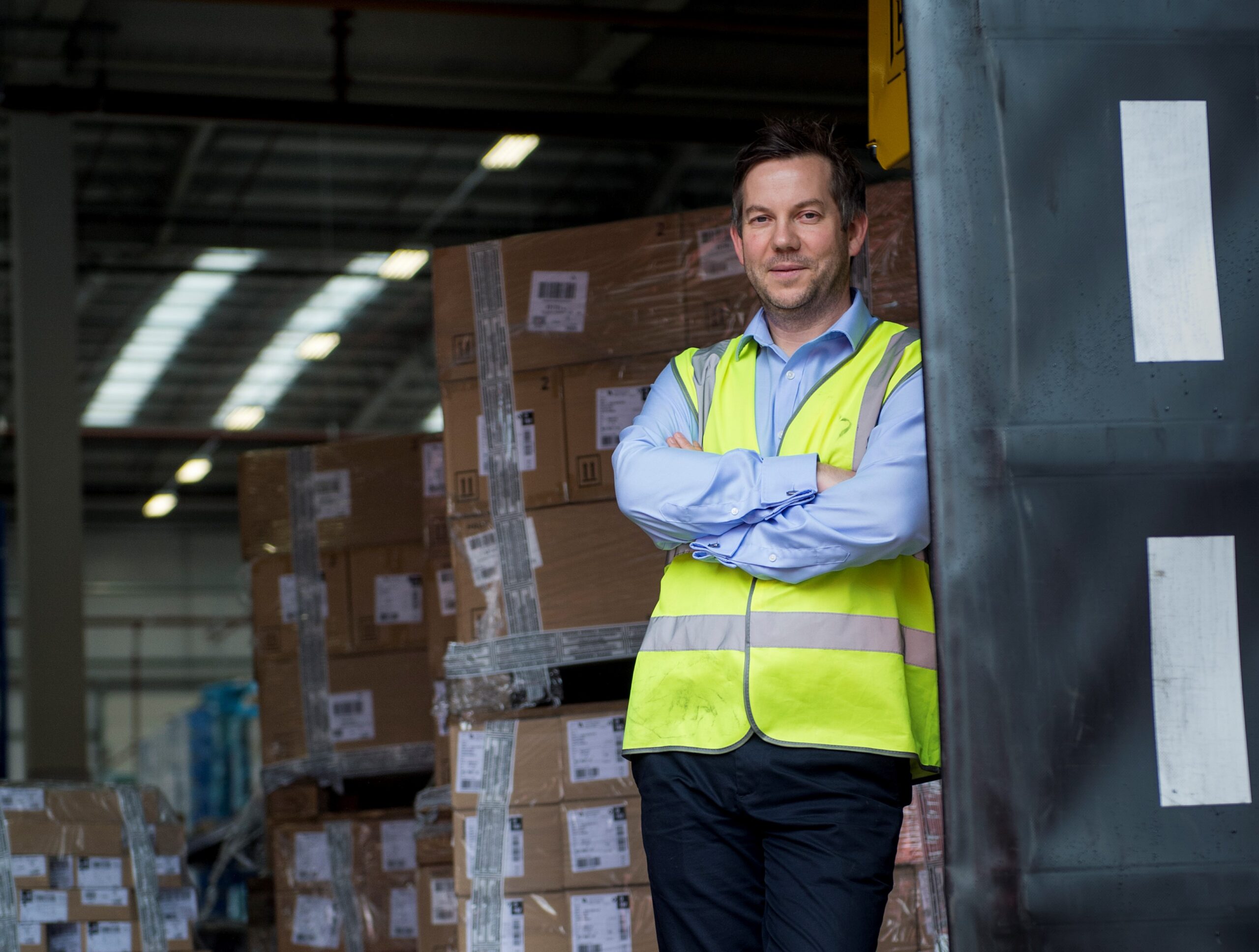It’s clear to many of us living and working in European cities that, when it comes to deliveries, there are significant concerns. Some recent research we commissioned showed that 71 per cent of UK consumers are worried about the effect ecommerce is having on pollution and congestion.
Within the industry, it’s accepted that delivering to cities can often be an inefficient and costly procedure, with the last mile normally accounting for 50 per cent of the total cost of delivery. That’s why those of us working in ecommerce need to look for new ways to address this ever-growing problem. With this in mind, I wanted to draw attention to three innovative delivery methods being tested right now in European cities that could be part of the answer:
- Deliveries to your car boot
This new delivery method, using technology developed by Volvo, is available across Sweden, Switzerland and will soon be in Germany. By using a digital key, parcel carriers can temporarily gain access to the boot of a vehicle to deliver a parcel. Once it has been delivered, the customer will receive a notification of delivery and the key code then expires. This new scheme could also be coming to the UK very soon; reports suggest that John Lewis, together with Jaguar Land Rover, have been testing the in-car delivery method this year.
However, the household names may find themselves facing some unenthusiastic customers over here, as only a third of the UK consumers we asked said that they would be happy to allow a courier to access their car boot via a one-time code. The main concern respondents expressed was security; some stated that they kept too many valuables in their car to allow someone access to it, while others had anxieties about couriers stealing the car itself. However, with further development and testing, and a focus on communication around the technology, we’ll see if these worries could be addressed.
- One time access codes to your property
Delivery to homes is costly. According to IMRG, the UK industry association for retail, failed deliveries are costing up to £780 million a year, which may be why Amazon has been trialling new technologies that would give couriers a one-time access code for a customer’s home. While this would negate the issue of failed delivery, the obvious security risk still meant that according to our survey, only 36 per cent of UK consumers asked would be prepared to give couriers access to their homes using this technology. Reasons given for this included the complications of invalidating home insurance and the logistical issues of access, such as a respondent living in flats, which means couriers would not be able to gain access to the building.
By contrast, we found 58 per cent of French consumers stated they would be happy to give couriers access to their homes using this one-time lock method!
- Unmanned safes
Safety deposit boxes are a device that can be left in your front garden or an accessible point near your home. If you are expecting a parcel but are not in to receive it, the courier can be given a passcode to the safe and leave the parcel inside. This delivery method is being developed by a few different companies; some in the industry have even suggested it should be mandatory for new builds to have a parcel box for each home.
Unmanned safes were by far the most popular of the innovations, with two thirds of UK consumers stating they would be happy to use them. As such, when looking for new delivery methods and testing them on consumers, these positive reactions suggest that parcel boxes would be a great place to start.
 The future of the ecommerce industry depends on its ability to innovate. What this research highlights is that consumers are open to change at the right pace, although some reservations about security remain.
The future of the ecommerce industry depends on its ability to innovate. What this research highlights is that consumers are open to change at the right pace, although some reservations about security remain.
To prevent gridlock and poor air quality in our cities, investment in innovation for the ecommerce industry is not only a responsibility for those of us who are involved, but an opportunity to gain a commercial edge by giving customers a better level of service.
By Mark Bellamy, director at B2C Europe













